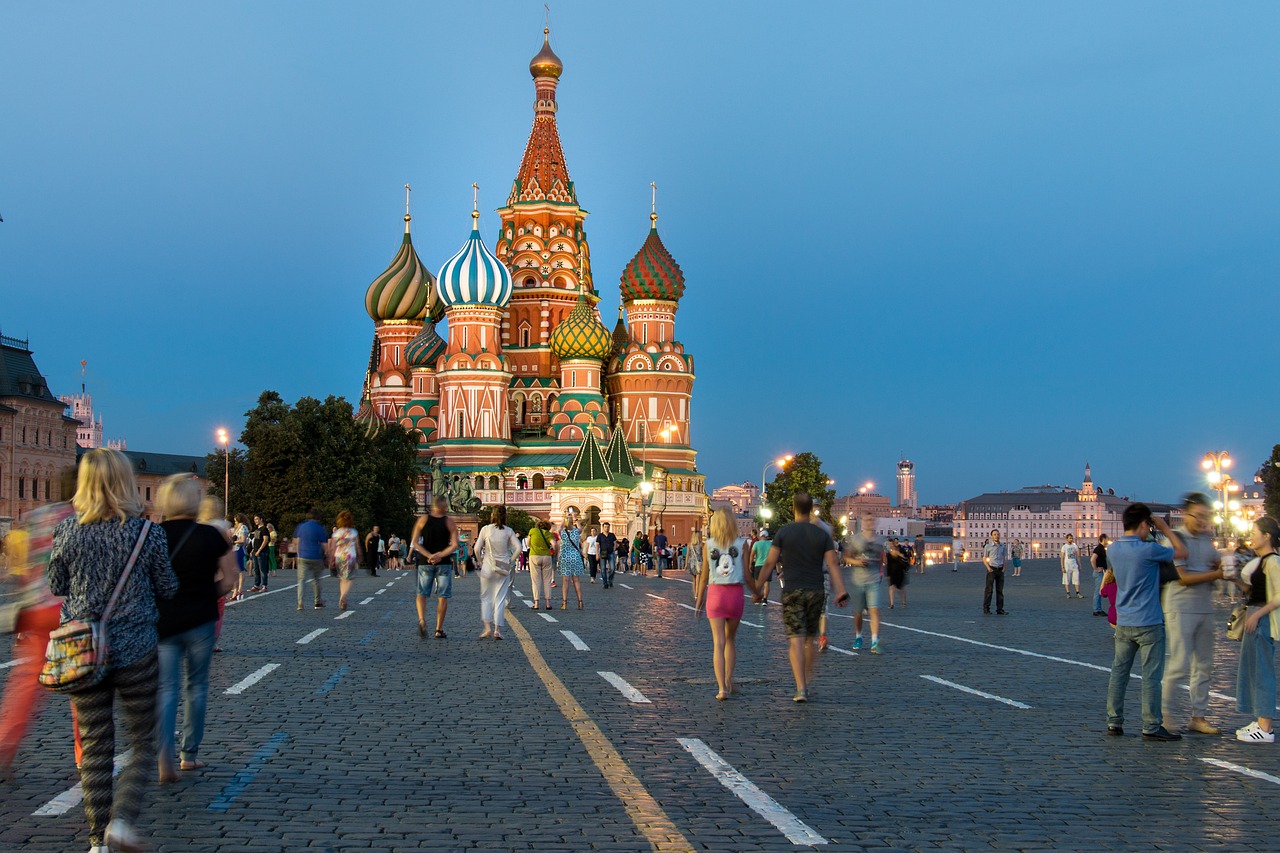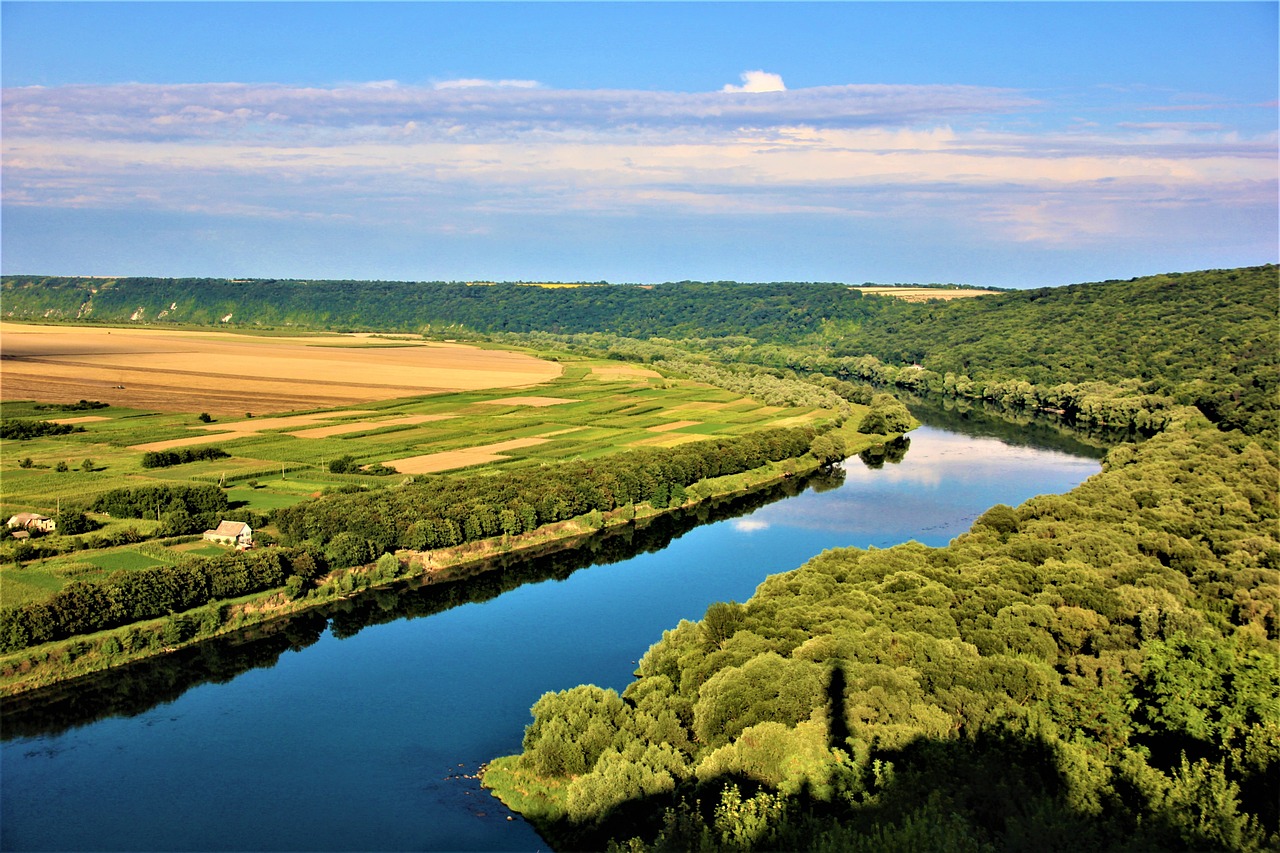
Moldova's Election: Europe or Russia's Influence at Stake
Moldova is currently engaged in a pivotal presidential election, as voters head to the polls for the second round of voting.

Moldova’s pro-EU president Maia Sandu is poised for a second term following a significant presidential election run-off, viewed as a pivotal choice between Europe and Russia. Her main competitor, Alexandr Stoianoglo, initially led the polls, backed by the pro-Russian Party of Socialists and promising closer ties with Moscow.
With over 96% of the votes counted, the Central Election Commission reported that Sandu had taken the lead with 52.9% of the vote. As results from expatriates continued to roll in, she was expected to solidify her advantage. Notably, during the electoral process, Sandu’s national security adviser claimed there had been “massive interference” from Russia, raising concerns about potential manipulation of the results.
“There has been massive interference from Russia in Moldova’s electoral process that had high potential to distort the outcome.”
As voting concluded at 21:00 local time (19:00 GMT), turnout reached 54%, surpassing previous elections, particularly among expatriate voters. While Stoianoglo won more than 51% of the votes within Moldova itself, Sandu dominated in urban areas and among those voting abroad.
Amidst these tensions, allegations have surfaced regarding attempts by a fugitive oligarch, Ilan Shor, who allegedly spent $39 million (£30 million) to influence the election through financial incentives for voters. Shor is accused of trying to buy support for a resounding “No” to EU integration.
In addition to these claims, there were reports of organized transportation of voters by air and land from various countries including Russia and Belarus. Moldova’s election commission has called on citizens to report any further irregularities.
Sandu emphasized the importance of independence during her voting remarks, warning against those attempting to “buy their vote and their country.”
Voter engagement was evident in polling stations across several countries such as Moscow and Italy, where long queues formed, especially among residents from the predominantly Russian-speaking region of Transnistria. This region hosts a Russian military base and has historically posed challenges to Moldova’s sovereignty.
Commentators have expressed that a victory for Stoianoglo could fundamentally alter Moldova’s political landscape due to Russia’s backing. The situation remains dynamic as final results are anticipated early next week.

Moldova is currently engaged in a pivotal presidential election, as voters head to the polls for the second round of voting.

Moldova is preparing for the second round of its presidential election on Sunday, a pivotal event that presents voters with a choice between aligning more closely with Europe or reverting to Russian influence.